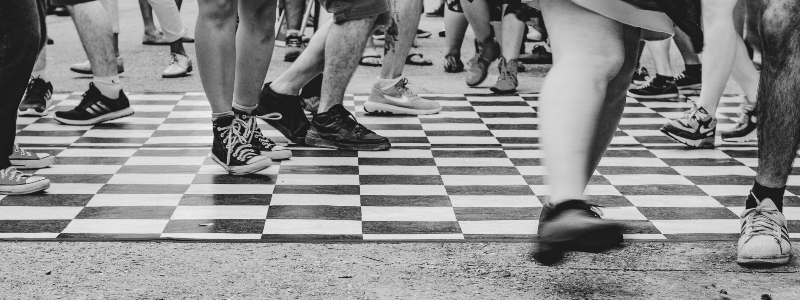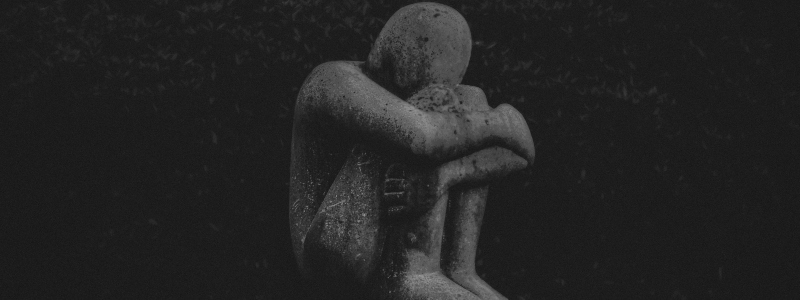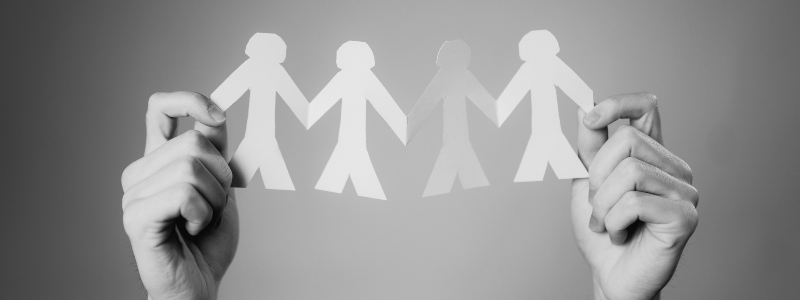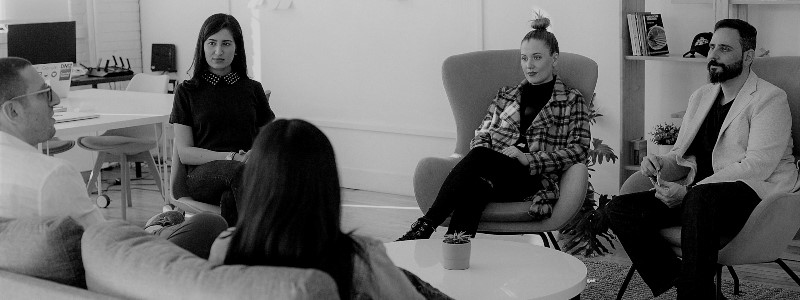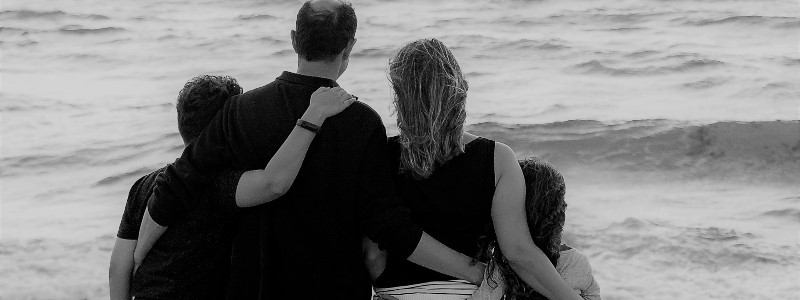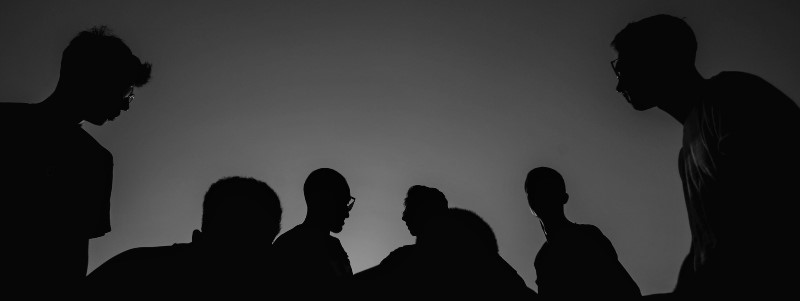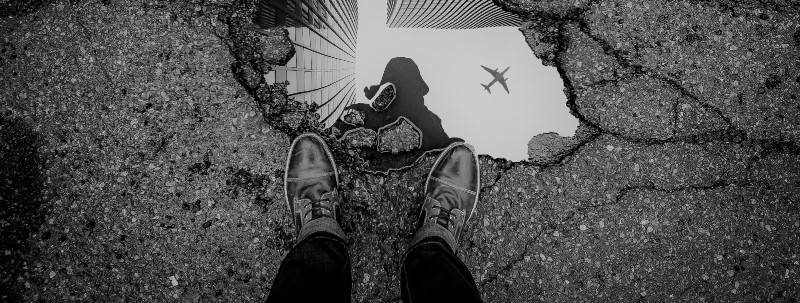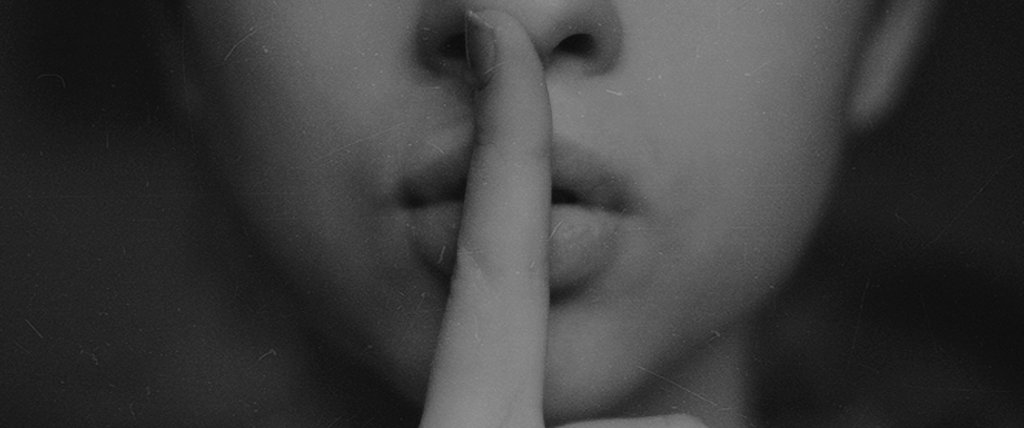There are many overlaps and similarities between what happens in one-to-one and group therapy. There are also many differences. Below I am going to talk about a group process called ‘free-floating discussion’ (Foulkes 1964, pp 40, 126).
In any group session, individual members are likely to bring in something for attention from the group. For example, this might be a problem, a narrative from the past or present, a dream, a dilemma, or a difficult feeling or experience, and so on. The group will generally respond to whatever is being presented in a similar way to an individual therapist. For example, by focussing on what is being said and offering a mix of interventions such as empathy, understanding, questions, reflections, links, and insights.
However, therapy group members are also encouraged to associate with what they are hearing and disclose what is being brought up for them. Here the group departs from individual therapy where the therapist is very unlikely to join in in this way and even if they did, they would not generate the multiple responses that a group can. If the group members can let themselves engage spontaneously with their associations and thoughts, the conversation can then start to move and flow between different members. In other words, into a free-floating discussion.
Those new to the experience of group work can sometimes find this disconcerting, ‘I don’t want to make it about me’ or ‘I don’t want to take it away from you’ are not uncommon comments. While socialised inhibition and politeness may be at play, group members used to one-to-one work might also feel reluctant to move away from what can be seen as essentially an individual therapy model – that is that the group acts together as the ‘therapist’ with one person as the ‘patient’.
However, this concept of free-floating discussion was developed from a Freudian idea of ‘free association’ for individual work. Freud encouraged his patients to let their thoughts, feelings and fantasies wander and move from one association to another in a session, and to disclose these as spontaneously as possible. Freud believed this process allowed him and the patient to get closer to the unconscious.
Free-floating discussion in group therapy is a similar idea. The more freed up the group is to move from one association to another, the richer the conversation becomes. Group members can therefore move more deeply into less ‘known’ areas of understanding and profound emotional connectivity, opening the potential for a transformational, therapeutic experience.
What happens in groups: blog series by Claire Barnes
This blog is part of a series, in which I look at what happens in group analytic groups. I hope that this will give a sense of what it might be like to be in a therapy group and what are the ideas that underpin group analytic therapy.
Other blogs in the series include:
How psychotherapy groups can help change our internalised family systems
What the role of the therapist in therapy groups?
What happens in group therapy: mirroring
What is it like being in a psychotherapy group? Case study – Joe
Claire Barnes is an experienced UKCP registered psychotherapist and group analyst offering psychodynamic counselling and psychotherapy to individuals and groups at our Hove practice. She also offers couples therapy at BHP.
Further reading by Claire Barnes
What are the benefits of a twice weekly therapy group?
Understanding feelings of guilt
The process of joining a therapy group


